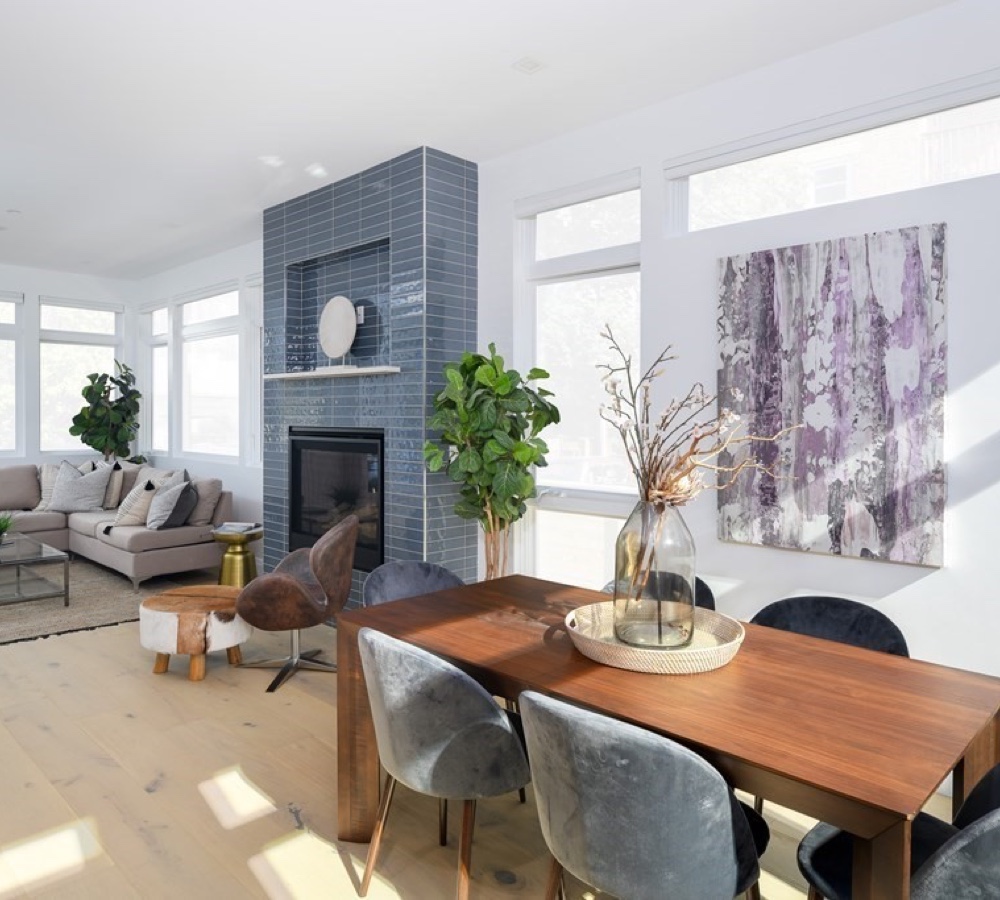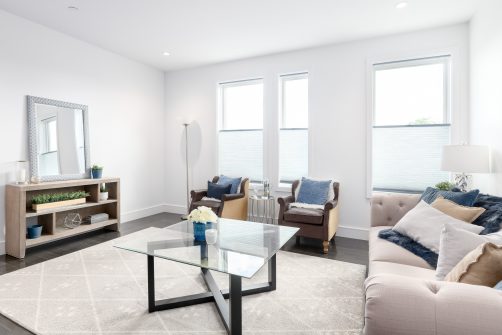


August 13, 2021 • 4 minute read
Touring new apartments can be a fun, albeit demanding, process. The excitement of it all can sometimes overshadow the pertinent questions renters should ask when considering a new place. More than checking the bedroom count and making sure your favorite amenities are available, renters should know what they’re getting into from the beginning.
To get you started, below is a list of the top 12 questions renters often forget to ask before signing their lease. Though they may not all apply to you, you’ll be surprised which of these queries could affect whether or not an apartment is the right one for you.
Some landlords may ask for first and last months’ rent, a security deposit, and a broker’s fee. If this is the case, make sure your finances can handle this total amount without breaking the bank.
In some cases, your lease may restrict how long guests are allowed to stay. For example, a friend dogsitting for the weekend should be no problem, but your lease may make stipulations on how long they can stay and where they should park, among other things.
Some landlords may require you to get renter’s insurance in case of perils, like a fire, windstorm, or theft. Even if this isn’t the case, it’s always a good idea to have renter’s insurance to make sure your belongings are protected.
Chances are you may run into a few items in need of repair during your stay. Ask about the general maintenance request process and how long it usually takes for repairs. You’ll always want to ask for the number of the emergency maintenance team, if available.
This detail alone could sway you from signing the lease in the first place. If you know your rent will stay the same for the next year or two, you may be better able to plan your expenses around this.
Congratulations! You got your dream job in San Francisco, but you still have three months left on your lease. What will you do? Some landlords may allow you to sublet your apartment in your absence. If there’s a slight chance you’ll be moving before the end of your lease, it’ll be worth asking about sublease policies upfront.
It’s not too hard to find a pet-friendly place nowadays, but you may have to pay a little extra to house your furry friend. Double-check the fees for having a pet on the premises as these could increase the bigger the pet.
Some landlords want a check while others may ask you you pay through an online portal. How you pay rent is at the discretion of your landlord, but it’s always worth asking upfront which method they prefer or is required.
In Massachusetts, renters need to give at least one month’s written notice (30 days) that they’re moving out. The window begins when the landlord receives the notice rather than when it’s sent. Sticking with this rule of thumb will give your landlord enough time to market their property to find new tenants.
You may be under the impression that any change made to the apartment means forfeiting your security deposit. But in some cases, DIY projects like updated flooring or a fresh paint job could mean you’re improving the space. Before making any modifications, check with your landlord to see what’s permitted.
A missed rent payment, unpaid utility bills, and damage to your property are all reasons for a landlord to keep your security deposit. Review the terms of your lease to verify what qualifies as forfeiture of this payment.
Living in an apartment means living with other people in the building. If your apartment comes with shared spaces like a common room, gym facilities, or a pool, verify the policies on cleaning up after use. No need to incur extra costs where you don’t have to.
Renting an apartment is a large responsibility you’ll want to handle with care. Working with an agent is a great way to ensure you find your next apartment quickly and with ease. If you’re interested in moving soon, contact me at [email protected] or 607.342.5872 to learn more about my services and how I can help you.
Published: August 13, 2021
Next up
Share